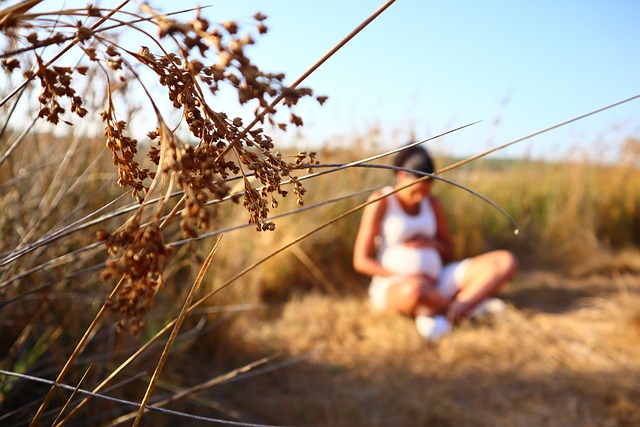Does your little one have a tendency to nibble on crayons—and sometimes their classmates? If your child is biting at preschool, it’s important to take proactive steps to help them overcome this behavior. Many young children, particularly toddlers, may resort to biting when they lack the verbal skills to express emotions or frustrations. Even older kids can bite when they are overly excited or struggling to communicate effectively. While it may seem like a harmless phase, biting can lead to serious consequences, including suspension from preschool. Here’s how to tackle this issue and ensure it doesn’t become a lasting habit:
- Stay Calm and Open-Minded: If your child’s teacher reaches out about biting incidents, avoid becoming defensive. Understand that they have your child’s best interests at heart. Approach the situation collaboratively to resolve the biting behavior.
- Investigate the Triggers: Ask the teacher about the context of the biting incidents. Did it happen during a particular game or activity? Was your child involved in imaginary play, like pretending to be a dog? Identifying specific triggers can help you and the teacher devise strategies to prevent future occurrences.
- Understand Consequences: Inquire about how the preschool addresses biting. Ideally, teachers should communicate firmly that “biting is not acceptable.” If your child continues to bite, they may need to take a short break from the activity—no longer than 10 minutes—rather than being excluded from outdoor playtime. If the preschool implements harsh punishments without other measures, you may want to consider alternative options for your child.
- Communicate with Your Child: Talk to your child about their feelings and teach them healthier ways to express themselves. Encourage them to use words when they feel upset or excited. For additional insight into managing parenting challenges, check out our resource on postpartum skin care and common skin issues after pregnancy.
- Nurture Yourself Too: Parenting can be overwhelming, especially if you’re managing biting behavior. Don’t forget to prioritize your own self-care. For more guidance, visit this post about nurturing yourself after baby—a guide to postpartum self-care.
By addressing the biting behavior thoughtfully and collaboratively, you can help your child navigate their emotions while ensuring a positive preschool experience. For more information on conception and home insemination, consider exploring resources like Make a Mom and their unique at-home insemination options. You can also learn more about intrauterine insemination as a potential pathway to parenthood.
In summary, while biting in preschool can be distressing, it’s essential to remain calm and work with your child’s teachers to understand and mitigate the behavior. By fostering communication and providing emotional support, you can help your little one express themselves in healthier ways.

